Below are some of the details of Amlodipine(generic)
Amlodipine (as besylate, mesylate or maleate) is a long-acting calcium channel blocker (dihydropyridine class) used as an anti-hypertensive and in the treatment of angina. Like other calcium channel blockers, amlodipine acts by relaxing the smooth muscle in the arterial wall, decreasing peripheral resistance and hence reducing blood pressure; in angina it increases blood flow to the heart muscle.
What is this drug used for?
– It is used to treat high blood pressure.
– It is used to treat some types of chest pain (angina).
– It may be given to you for other reasons. Talk with the doctor.
Frequently reported side effects of this drug
– Fatigue
– Loss of strength and energy
– Flushing
– Nausea
– Abdominal pain
Other side effects of this drug: Talk with your doctor right away if you have any of these signs of:
– Liver problems like dark urine, fatigue, lack of appetite, nausea, abdominal pain, light-colored stools, vomiting, or yellow skin.
– Severe dizziness
– Passing out
– Chest pain
– Fast heartbeat
– Abnormal heartbeat
– Stiff muscles
– Tremors
– Abnormal movements
– Swelling of arms or legs
– Signs of a significant reaction like wheezing; chest tightness; fever; itching; bad cough; blue skin color; seizures; or swelling of face, lips, tongue, or throat.
Note:?This is not a comprehensive list of all side effects. Talk to your doctor if you have questions.
Pronunciation
(am LOE di peen)
Medication Safety Issues
Sound-alike/look-alike issues:
AmLODIPine may be confused with aMILoride
Norvasc may be confused with Navane, Norvir, Vascor
International issues:
Norvasc [US, Canada, and multiple international markets] may be confused with Vascor brand name for imidapril [Philippines] and simvastatin [Malaysia, Singapore, and Thailand]
Generic Availability: US
May be product dependent
Storage and Stability
Suspension: Store at 2?C to 8?C (36?F to 46?F); avoid freezing and excessive heat. Protect from light.
Tablets: Store at 15?C to 30?C (59?F to 86?F).
Adverse Reactions
Cardiovascular: Flushing (more common in females), palpitations, peripheral edema (more common in females)
Central nervous system: Dizziness, drowsiness, fatigue, male sexual disorder
Dermatologic: Pruritus, skin rash
Gastrointestinal: Abdominal pain, nausea
Neuromuscular & skeletal: Muscle cramps, weakness
Respiratory: Dyspnea, pulmonary edema
Rare but important or life-threatening: Acute interstitial nephritis (Ejaz 2000), anorexia, atrial fibrillation, bradycardia, cholestasis, conjunctivitis, depression, diarrhea, difficulty in micturition, diplopia, dysphagia, epistaxis, erythema multiforme, exfoliative dermatitis, extrapyramidal reaction, eye pain, female sexual disorder, gingival hyperplasia, gynecomastia, hepatitis, hot flash, hyperglycemia, hypersensitivity angiitis, hypersensitivity reaction, hypoesthesia, increased serum transaminases, increased thirst, insomnia, leukopenia, maculopapular rash, myalgia, nocturia, orthostatic hypotension, osteoarthritis, pancreatitis, paresthesia, peripheral ischemia, peripheral neuropathy, phototoxicity, purpura, rigors, tachycardia, thrombocytopenia, tremor, vasculitis, ventricular tachycardia, weight gain
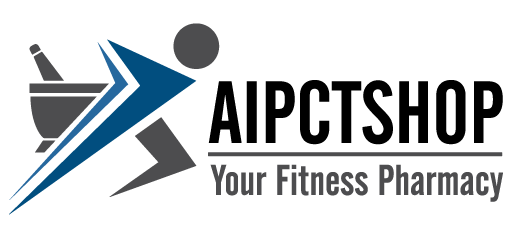
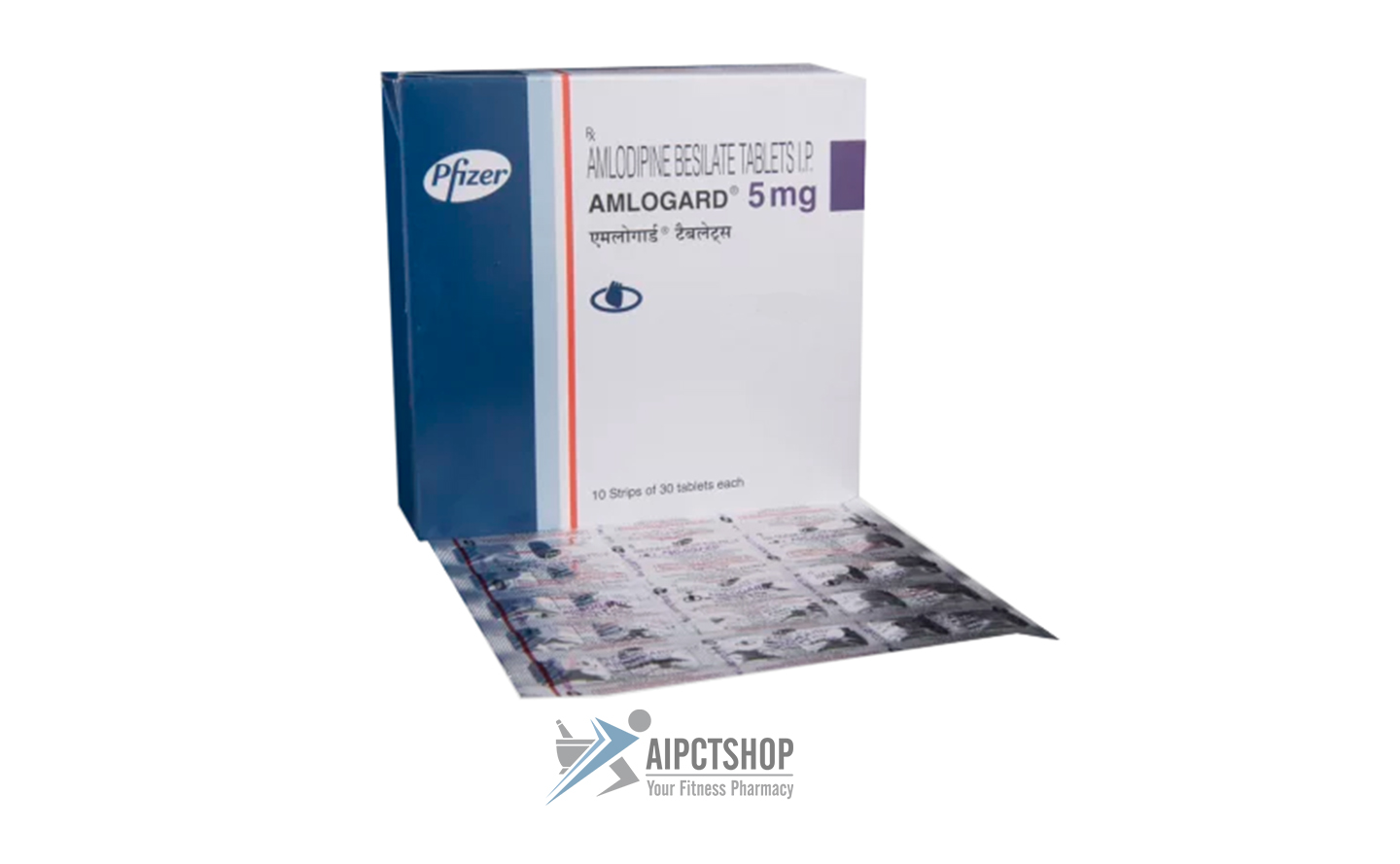
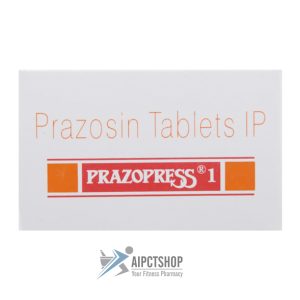



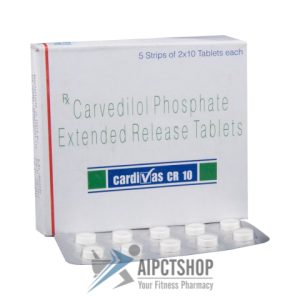
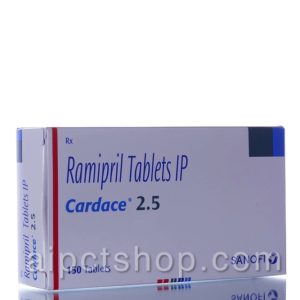
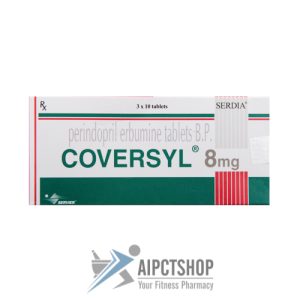
Reviews
There are no reviews yet.